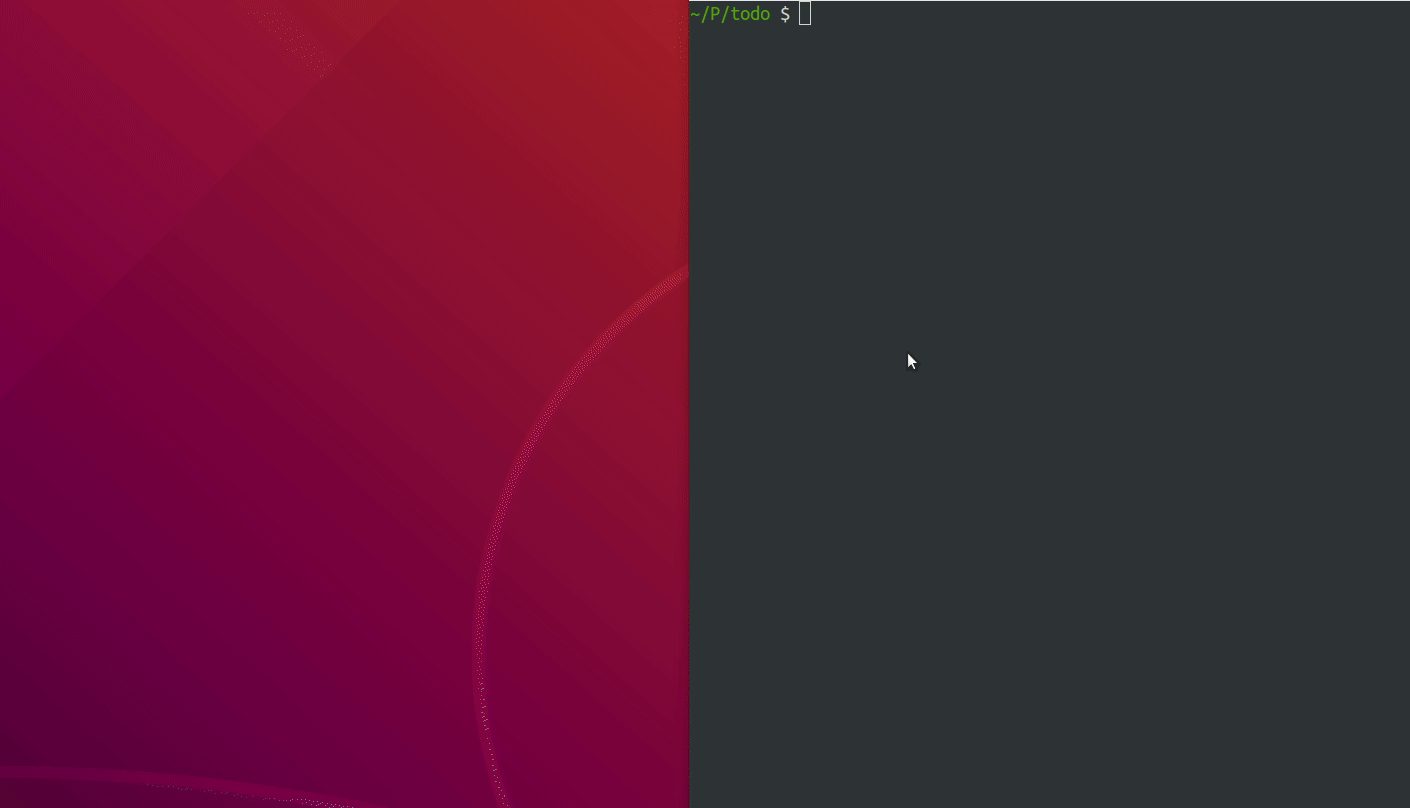Taiko
A node.js library to automate chrome/chromium browser







Getting started
$ npm install -g taiko
On Windows, make sure that the location %AppData%\npm(or wherever npm ends up installing the module on your Windows flavor) is present in PATH environment variable.
On Linux, install taiko to a NODE_PATH with executable permission.
Usage
Command line
Use the Read–eval–print Loop to record a script.
$ taiko
> openBrowser()
✔ Browser and page initialized
> goto("http://todomvc.com/examples/react/#/");
✔ Navigated to url "http://todomvc.com/examples/react/#/"
> write("automate with taiko");
✔ Wrote automate with taiko into the focused element.
> press("Enter");
✔ Pressed the Enter key
> click(checkBox(near("automate with taiko")));
✔ Clicked checkbox Near automate with taiko
> .code
const { openBrowser, goto, write, press, near, checkBox, click } = require('taiko');
(async () => {
await openBrowser({headless:false});
await goto("http://todomvc.com/examples/react/#/");
await write("automate with taiko");
await press("Enter");
await click(checkBox(near("automate with taiko")));
closeBrowser();
})();
> .code code.js
Running a taiko script
$ taiko code.js
As a Module
$ npm install <path_to_taiko_repo> --save
$ node code.js
Install from source
$ git clone https://github.com/getgauge/taiko.git
$ npm install -g <path_to_taiko_repo>
Run tests
Test are written using gauge. Install and setup gauge following instructions here
git clone https://github.com/getgauge-examples/js-taiko.git
cd js-taiko
npm install
gauge run specs or gauge run specs --tags=\!knownIssue (to ignore specs for knownissue)
Documentation
Inspired by
Talk to us
For queries and contributions talk to the Gauge team.
Copyright
Copyright 2018 ThoughtWorks, Inc







